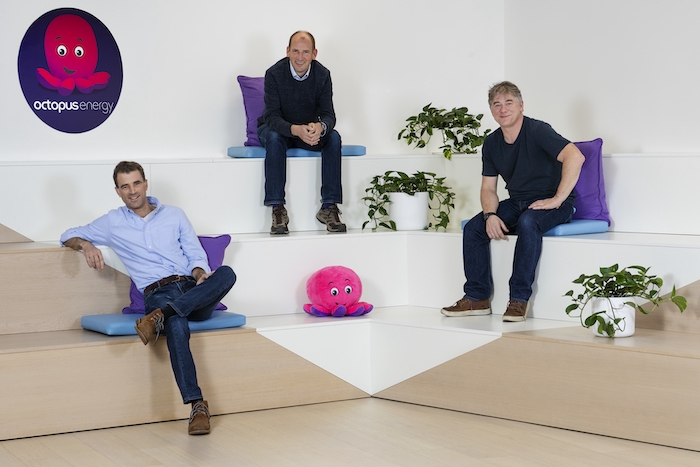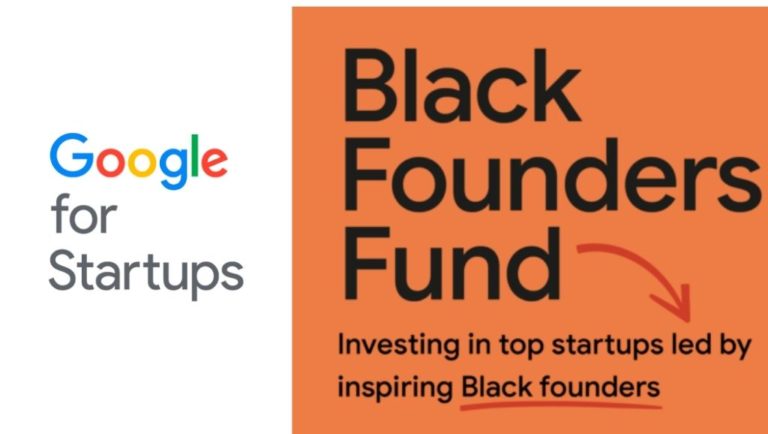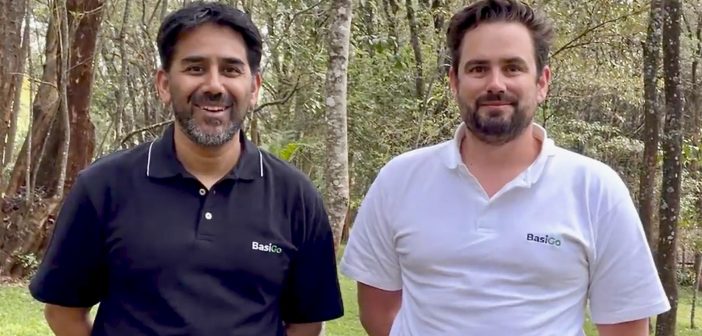Al Gore puts $600M into UK Green energy-tech startup Octopus Energy Group

Former Vice President Al Gore has invested $600 million of equity into U.K. energy startup Octopus Energy Group via his Generation Investment Management vehicle, taking a stake of approximately 13% in the business. The investment means Octopus has attained a valuation of around $4.6 billion.
Octopus has made a name for itself in energy circles largely because of its “Kraken” technology platform, which it claims is able to reroute energy from renewable sources around a network far more efficiently than competitors. Octopus is now managing 17 million energy accounts in 12 countries in this manner.
Generation is a $36 billion fund management business with a specific remit to back sustainable businesses.? Octopus will use the proceeds of Generation’s strategic investment to push further into the U.S. market, where it already has a toe-hold in Texas.
The Generation investment follows an earlier equity investment from Origin Energy, Tokyo Gas and the acquisition of Upside Energy, specialists in smart grid technology. Octopus’s retail businesses are now in the U.K., U.S., Germany, Spain and New Zealand, plus it has licensing agreements with Good Energy, Hanwha Corporation, Origin Energy, Power and E.ON.
Speaking for Octopus Energy, founder and CEO, Greg Jackson said: “Whilst the U.K. energy market is currently in a tough state, it’s highlighted the need for investment in renewables and technologies to end our reliance on fossil fuels. So we are delighted to announce our agreement with Generation Investment Management, created to back sustainable companies changing the world for the better.”
“We run 300 stress tests, twice a week. For us, as a tech company, it’s just algorithmic. For rival companies, they’re … doing it on spreadsheets.”
Speaking for Generation Investment Management, Tom Hodges, partner in the long-term equity strategy, said: “Octopus Energy has an extraordinarily good fit with Generation’s mission of investing over the long term to support system and climate-positive companies. The world is at the early stages of an unprecedented energy transition which is essential to reach the goals of the Paris Agreement. This can be done in a way that is better for the environment and consumers.”
In an interview via Zoom, Jackson told me that there are two parts to the current global energy crisis: “One is the energy wholesale price crisis. Global gas prices have trebled or quadrupled in the last year. That’s not only causing gas to be expensive but because a lot of electricity comes from gas it’s pushing up electricity prices.
I think this is really revealing the extent to which companies have been selling long and buying short. So companies that are currently folding are larger ones which had sold a one-year contract, but only bought six months worth of energy and they were keeping their fingers crossed for the rest of it.”
He said Octopus has “always been 100% hedged. For us, energy retail is just one of our businesses. And we’ve got 13 businesses in the group. What we’ve always sought to do is serve an outstanding service and a really, really risk-managed back end. We run 300 stress tests, twice a week on our hedging position. For us, as a tech company, it’s just algorithmic. For rival companies, they’re either not doing that or they are doing it on spreadsheets and it just doesn’t work.”
“The reality is this crisis is entirely a fossil-fuel crisis. And if we’d been using renewables as a primary source and then gas as a backup we wouldn’t be in this situation,” he added.
He said Octopus is an owner-operator of wind, solar and biomass renewable energy sources, with £3.5 billion in generation assets and plans to 10x that over the next 10 years.
The generation deal consists of a $300 million immediate investment, with $300 million to follow by June 2022, subject to certain further funding conditions.
Octopus has also established the Centre for Net Zero, an independent London-based research facility that is taking the fight against climate change to the government level and also invested £10 million into an R&D and Training Centre for Decarbonisation of Heat.







